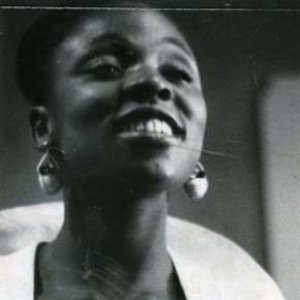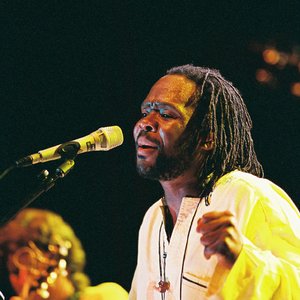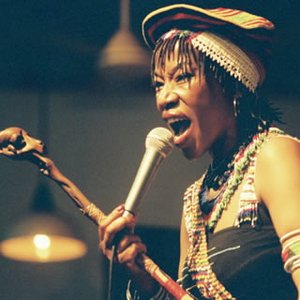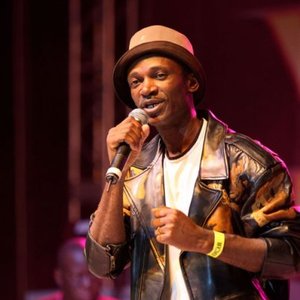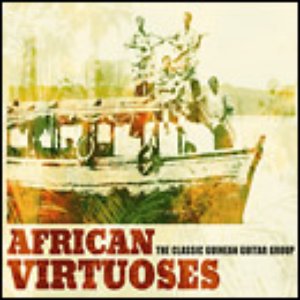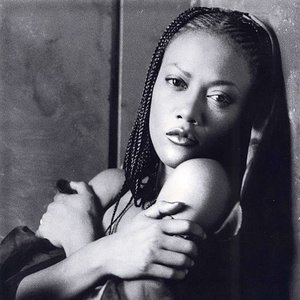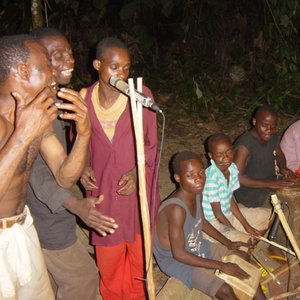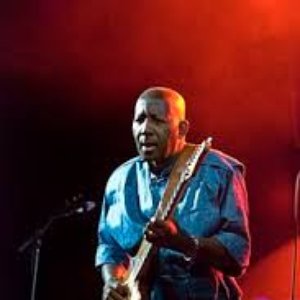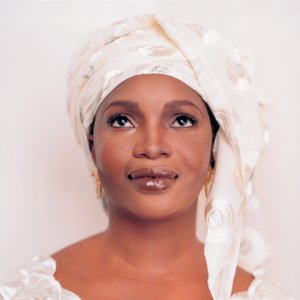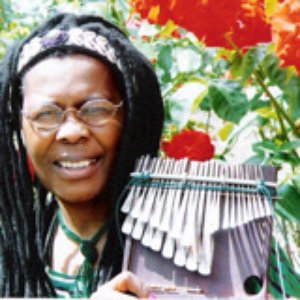Biography
-
Born
25 April 1943 (age 81)
-
Born In
Ogooué-Maritime, Gabon
Pierre-Claver Akendengué (born April 25, 1943) is a musician and composer of Gabon. In 1997, he received his country's "Prix d'excellence" at the Africa Music awards in Libreville, honoring his body of work. He also serves as a cultural advisor for the government of Gabon.
Artist Bio:
Pierre Akendengué is one of African music's great visionaries —a onetime protest singer turned composer turned cult favorite turned cultural minister, Akendengué has always marched to the beat of his own drummer.
Born in 1943 in Aouta, Gabon, Akendengué left Gabon at the age of 22 to pursue an Education in France. There he settled in Orléans (and later, Paris), where he took a degree in psychology and sought treatment for his poor eyesight. It was during his student days that he first became interested in a musical career, enrolling at the famous Petit Conservatoire de la Chanson in 1967. He flourished as a singer, coming in third in La fine fleur de la chanson, a national song contest.
In 1974, he made his French recording debut, Nandipo, an evocative meditation on his childhood in Africa, which established him as a protest singer inveighing against colonialism and neo-colonialism. This album was followed in 1976 by Africa Obota, which took home he "Prix de la jeune chanson française" at the Midem conference in Cannes. But while Akendengué's European career began to take off, his visibility back home in Gabon began to suffer, as he could no longer afford to return home to perform on a regular basis.
By the late '70s, Akendengué was frustrated with being pigeonholed as merely a protest singer and begin to focus more on composing and instrumental arrangements. In 1978 he also founded his own label, Ntche (Homeland), and began to focus on behind-the-scenes aspects of the business and developing young new artists. But the label went under in 1982 after releasing only three albums.
In that same year, Akendengué signed onto CBS records and recorded Mando. Released in 1983, the album was produced by French visionary Hugues de Courson and featured over thirty session musicians and some of Akendengué's most incendiary lyrics to date (sung entirely in the Myéné language of Gabon). He toured extensively following this record before returning to Gabon in 1985.
There, despite increasingly serious health and vision problems, Akendengué continued to record sporadically, compiling a greatest hits album (Passé Composé) and an anti-apartheid album (Espoir à Soweto) as the '80s waned. In the early '90s, Akendengué once again teamed up with Hugues de Courson to record his masterpiece, Lambarena, an ambitious, groundbreaking musical tribute to Dr. Albert Schweitzer that set J.S. Bach's "Passion of St. John" to the accompaniment of traditional folkloric ensembles from Gabon. Recorded in Paris in a marathon session that lasted almost one hundred days, de Courson and Akendengue teamed up a European classical choir and orchestral players with ten different Gabonese ensembles as well as a battery of soloists, including Brazilian percussionist Nana Vasconcelos. The result was one of the most sublime and intricate fusions of European art music and African traditional music ever recorded, and it remains a touchstone for African music aficionados to this day.
Akendengué followed this work with 1996's Maladité, 1997's Carrefour Rio 2001's Obakadences and 2005's Ekunda-Sah!, and continues to record today, but since his return to Gabon, he's also embraced another calling separate from his musical career. Always deeply engaged on a cultural level, Akendengué worked as a close assistant to Gabon's Minister of Culture and eventually became one of President Omar Bongo's most influential advisors on cultural matters. In 1997 he was recognized for his outstanding work on behalf of Gabonese culture with the award of the "Prix d'excellence" at the Africa Music awards in Libreville. Most recently Akendengue has been working to document and preserve the music of the Pymgy and Bantu peoples of Gabon's forest belt.
In April 2006, Akendengué released Gorée, a moving meditation on the African slave trade based on the slave fort on Senegal's Gorée Island.
Artist descriptions on Last.fm are editable by everyone. Feel free to contribute!
All user-contributed text on this page is available under the Creative Commons Attribution-ShareAlike License; additional terms may apply.

